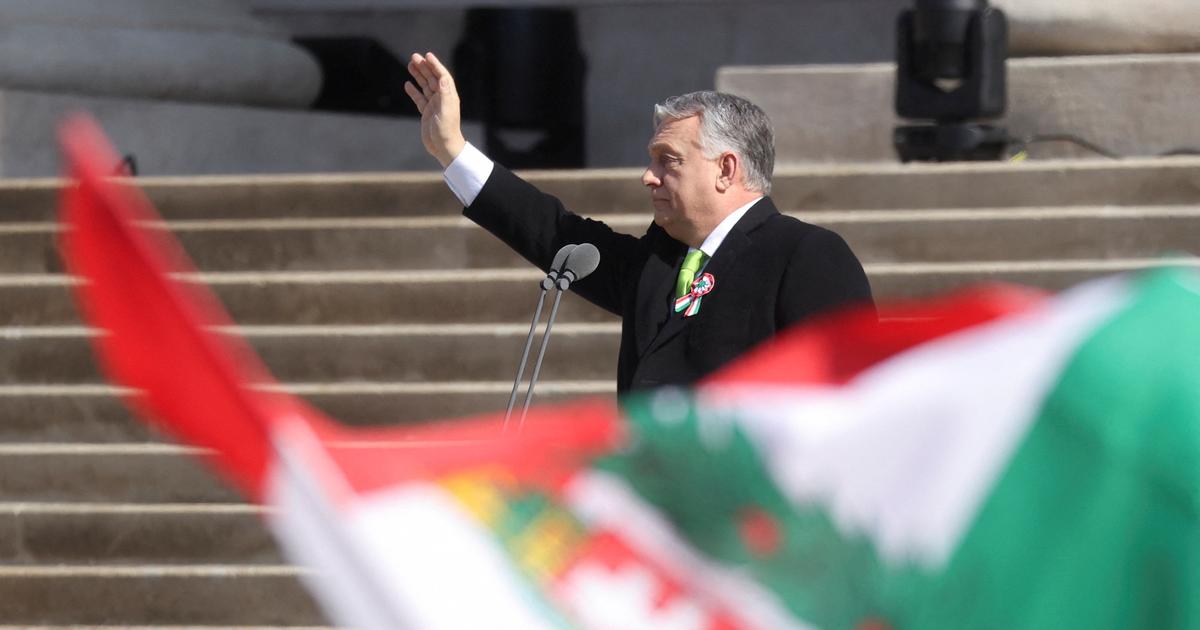The European Commission has taken a decision that has historic scope by proposing that the delivery of the structural funds that correspond to Hungary be frozen for its repeated violations of the rule of law, its challenges to judicial independence and its systemic corruption.
The amount of the fine —7,500 million euros— hinders the provision of resources equivalent to 20% of its annual public investment and represents a substantial innovation in community law, since it represents the first great practical demonstration that economy and democracy do not constitute in the Union two separate universes.
Thus, a definitive shelving is given to the —real or supposed— merely economistic character of the European club which, more than ever, ceases to be —or, at least, to appear— as an economic giant and a political dwarf.
The measure is also exemplary and dissuasive by showing that non-compliance with common standards is not free and can have a considerable cost.
It has already had it with companies that do not comply with the rules of competition —bypassing them through cartels, price agreements or abuse of a dominant position— and even with governments that abused State aid, but until today it did not happen with those who defy democratic rules.
Neither the partners nor the common institutions have ignored the repeated attacks with which the illiberal government of Viktor Orbán circumvents the democratic rules and its obligation of transparency in the management of budgetary resources.
For more than a decade they have tried to put a stop to them in three ways: conviction,
the pressure and the threat of applying article 7 of the EU Treaty, which provides for political sanctions (such as the suspension of the right to vote in the Council) against the non-compliant.
As usually happens with dictatorial regimes and also with semi-autocratic ones (this is the case in Hungary), the effectiveness of persuasion is nil and that of pressure is scarce.
The proposal for political sanctions has always turned out to be less credible since unanimity is needed to apply this article, and it is enough for one of the partners to oppose it (such as Poland until now, which little by little and due to the Russian invasion of Ukraine moderates its ultras attitudes) to sterilize this path.
As usually happens with dictatorial regimes and also with semi-autocratic ones (this is the case in Hungary), the effectiveness of persuasion is nil and that of pressure is scarce.
The proposal for political sanctions has always turned out to be less credible since unanimity is needed to apply this article, and it is enough for one of the partners to oppose it (such as Poland until now, which little by little and due to the Russian invasion of Ukraine moderates its ultras attitudes) to sterilize this path.
As usually happens with dictatorial regimes and also with semi-autocratic ones (this is the case in Hungary), the effectiveness of persuasion is nil and that of pressure is scarce.
The proposal for political sanctions has always turned out to be less credible since unanimity is needed to apply this article, and it is enough for one of the partners to oppose it (such as Poland until now, which little by little and due to the Russian invasion of Ukraine moderates its ultras attitudes) to sterilize this path.
Since the extraordinary step towards a common expansionary fiscal policy was taken in 2020, with the creation of the SURE funds (to ensure the fight against unemployment) and the Next Generation (to recover public investment after the pandemic), financed by Eurobonds , the federal leap has been relevant.
All these resources —and in turn, all the structural and cohesion funds of the common budget— were conditional on compliance with the rules of the rule of law.
The justification was presented in a very technical way, pointing out that the corruption typical of illiberal regimes ends up embezzling the money pooled by others, but it was connected with an old liberal principle:
no taxation without representation;
that is to say, that there are no taxes —and the budgets that they nourish—, without representation, without democratic scrutiny.
It has poetic justice that the ratification of the fine falls on the Ecofin, which brings together the ministers of Economy and Finance of the EU.
This rigorous body has been incapable for almost 30 years of imposing a sanction for economic deviations, such as excessive imbalances in deficit and debt.
It does not seem that this time an impossible qualified majority in favor of Orbán and his discredited sleight of hand, which he also deploys in favor of Putin and against Ukraine, will prevent him.

/cloudfront-eu-central-1.images.arcpublishing.com/prisa/2GFL64OA3BE3W33WFKMPSNINJ4.jpg)












